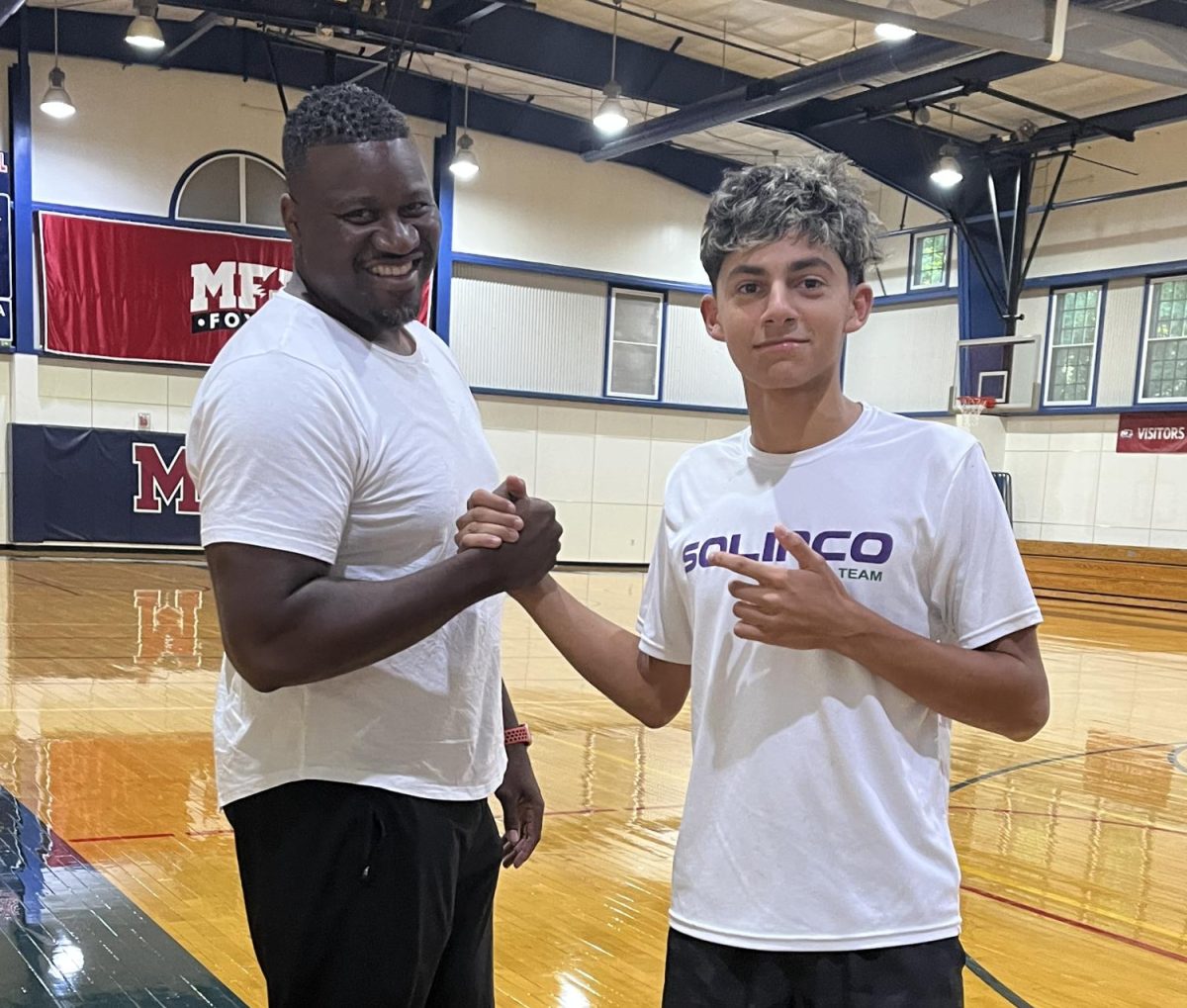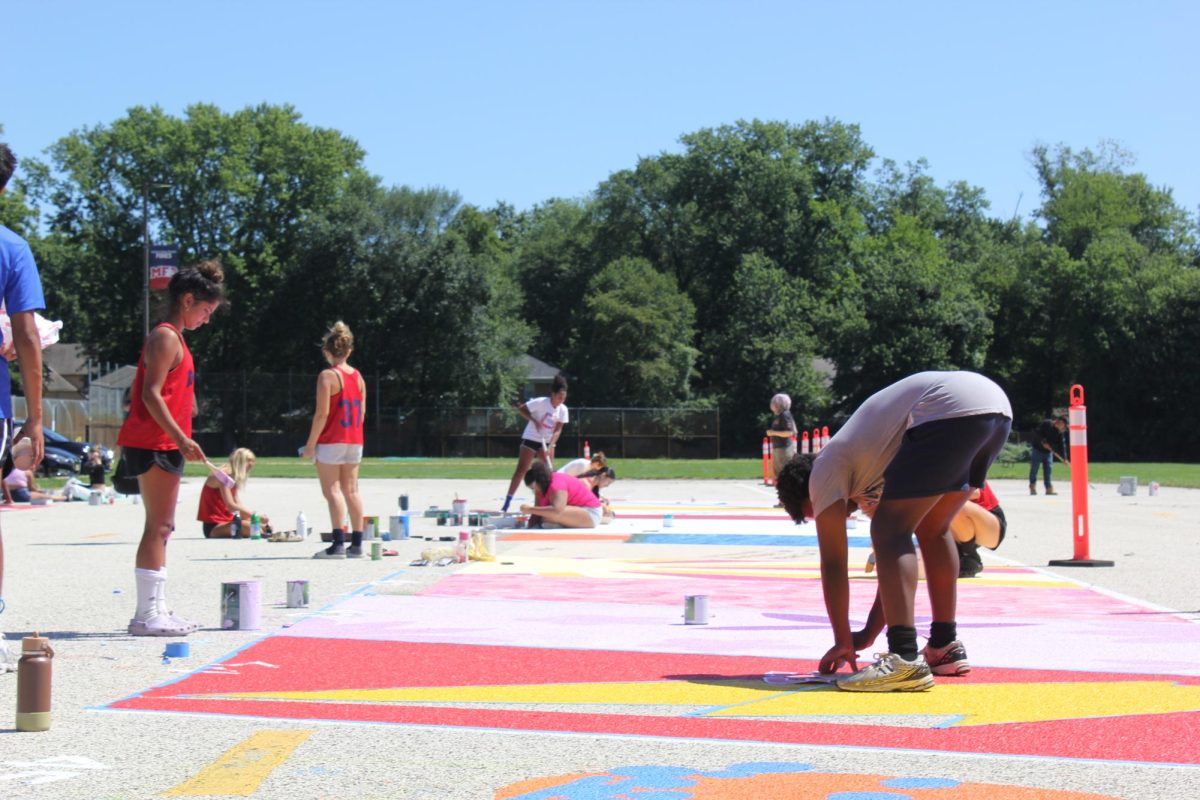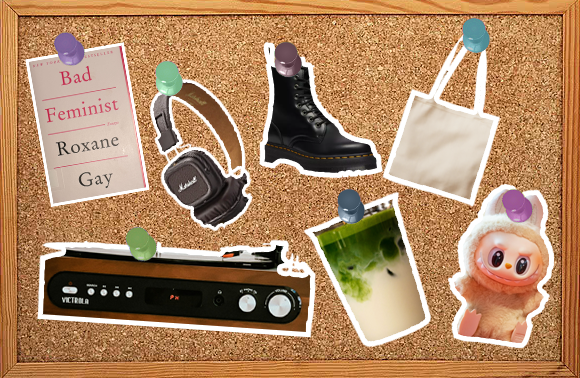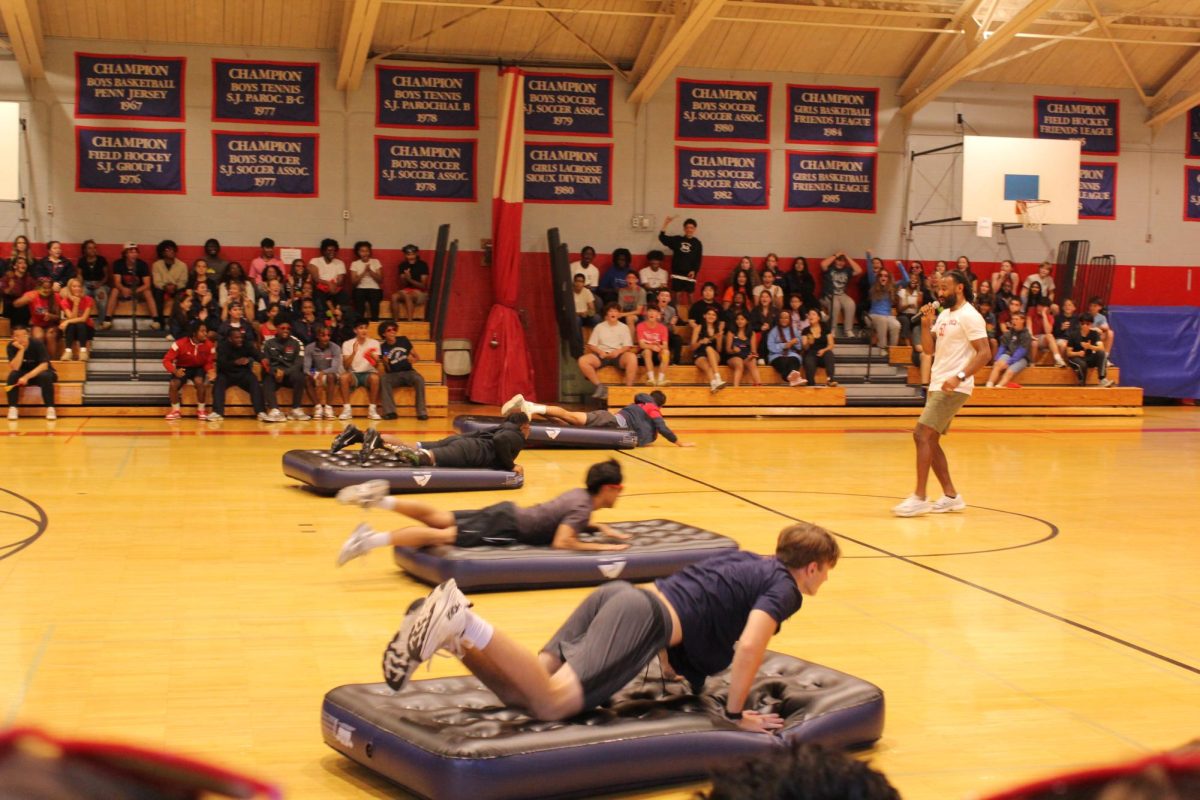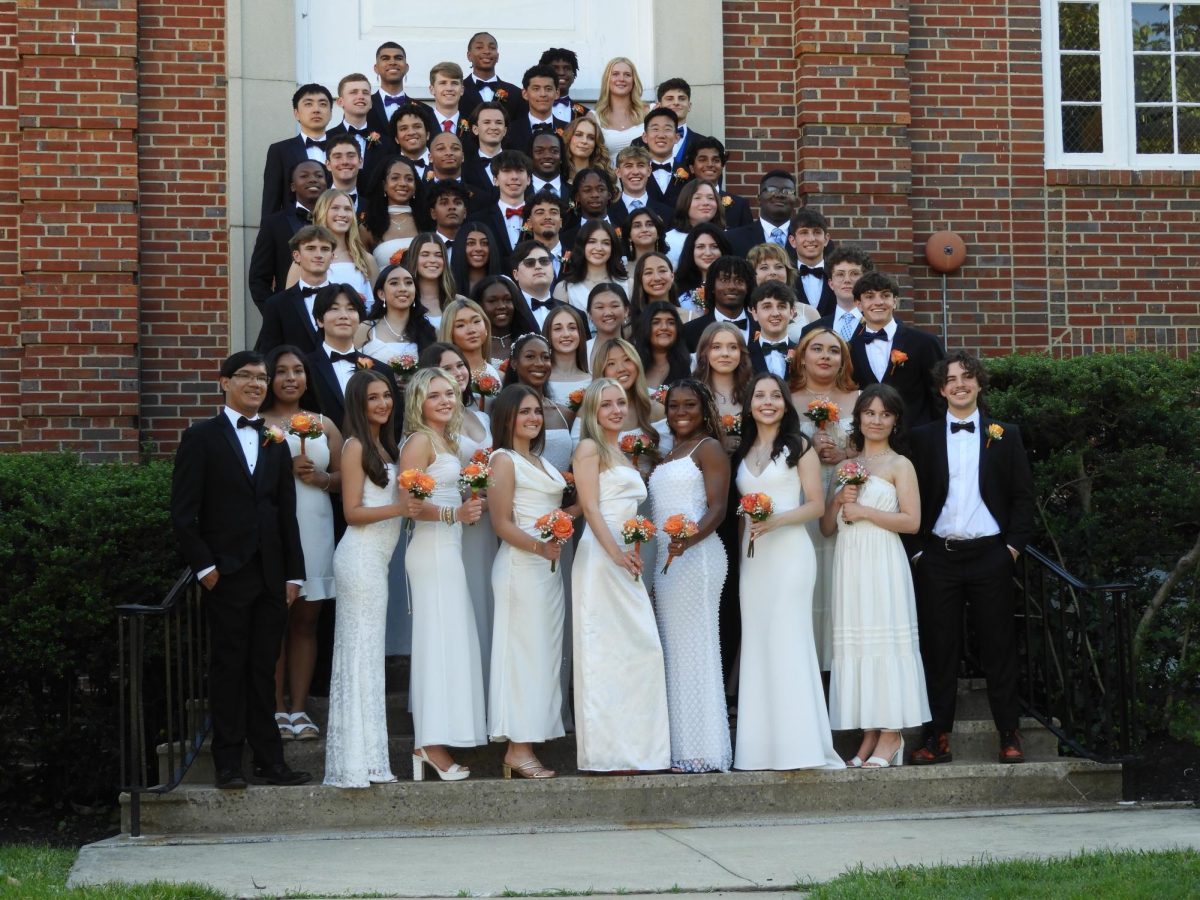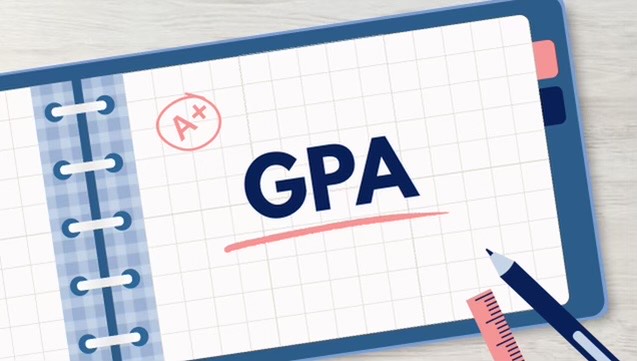As a part of Moorestown Friends School’s strategic plan, the new Wellness and Student Support Department was established, making the mental health of students in all divisions a priority. This initiative goes beyond just offering academic support and extends to providing mental health resources to enhance the overall health and happiness of students.
This department consists of former LS/MS Quakerism teacher Melissa McCourt, who transitioned into the role of Lower/Middle School Counselor, Upper School psychologist Julie Lyons, School Counseling Intern Shelby Robbins, and Director of Wellness and Student Support Susan Batastini.

Batastini explained, “Our department is focused on the overall health and well-being of our community. Our goal is to nurture the students that need it. We not only want to give them the tools to succeed academically, but we also want to provide and support them with those other critical skills that really fall into the social-emotional realm.”
Julie Lyons shed light on the motive for the establishment of the Wellness and Student Support Department: “Every seven years the school does the strategic plan. It’s this idea of taking a look at where we are and where we want to be. Before COVID-19, we had all different stakeholders, parents, business leaders, faculty, alumni, and students come to the Dining Hall Commons to do a workshop based on where we think we should head towards, for the next seven years. There were pathways that everyone voted on, and one of them was Wellness and Student Support.”
The need for this initiative arose from the realization that some students may require a supportive space and individuals to guide them.
Not only is this department used for the support of students, but it is also for the benefit of teachers and families. McCourt expressed her enthusiasm for the future, stating, “I personally love different types of play and creative arts therapy, and I feel excited to incorporate these things in my work with students with different types of interventions. I’m excited to get to know families and students differently. In this role, I am looking forward to supporting students as needed.”
To enhance their understanding of departmental operations, the wellness peer school visit team—consisting of Julie Lyons, Katie Lubrant, and Susan Batastini—traveled to North Carolina to visit two schools: Carolina Friends School and Ravenscroft School. Their visit aimed to explore the Wellness initiatives of other model schools. They observed a range of programs, from mental health first aid to peer tutoring, providing diverse support for students, both academically and emotionally. The experience of touring these schools and their spaces was both insightful and enjoyable for them.
Looking ahead, Batastini expressed her vision for a centralized departmental location, stating, “We would love to just grow our department and become a place where we would have an actual place where we’re all together, like a wellness center where students can just come at any time.”
Additionally, she highlighted the aspiration to integrate the US/MS Peer Tutoring program into a prospective wellness center, emphasizing that having a designated space for peer tutors would be a valuable addition, given the program’s role in supporting student academic growth.

